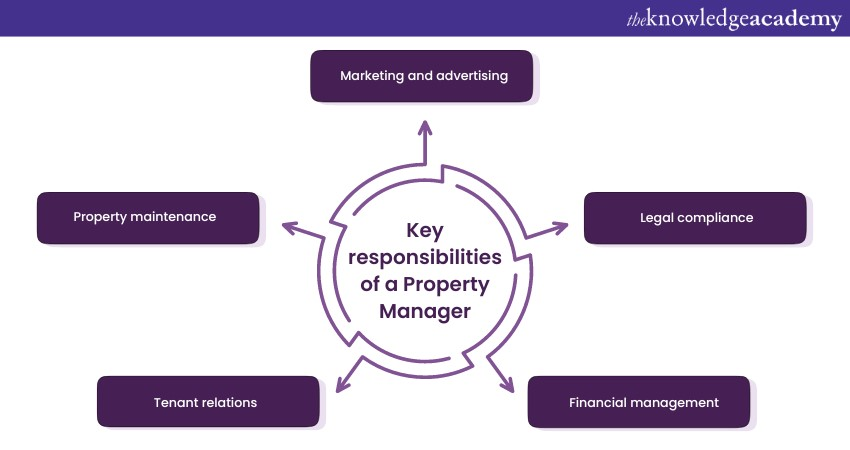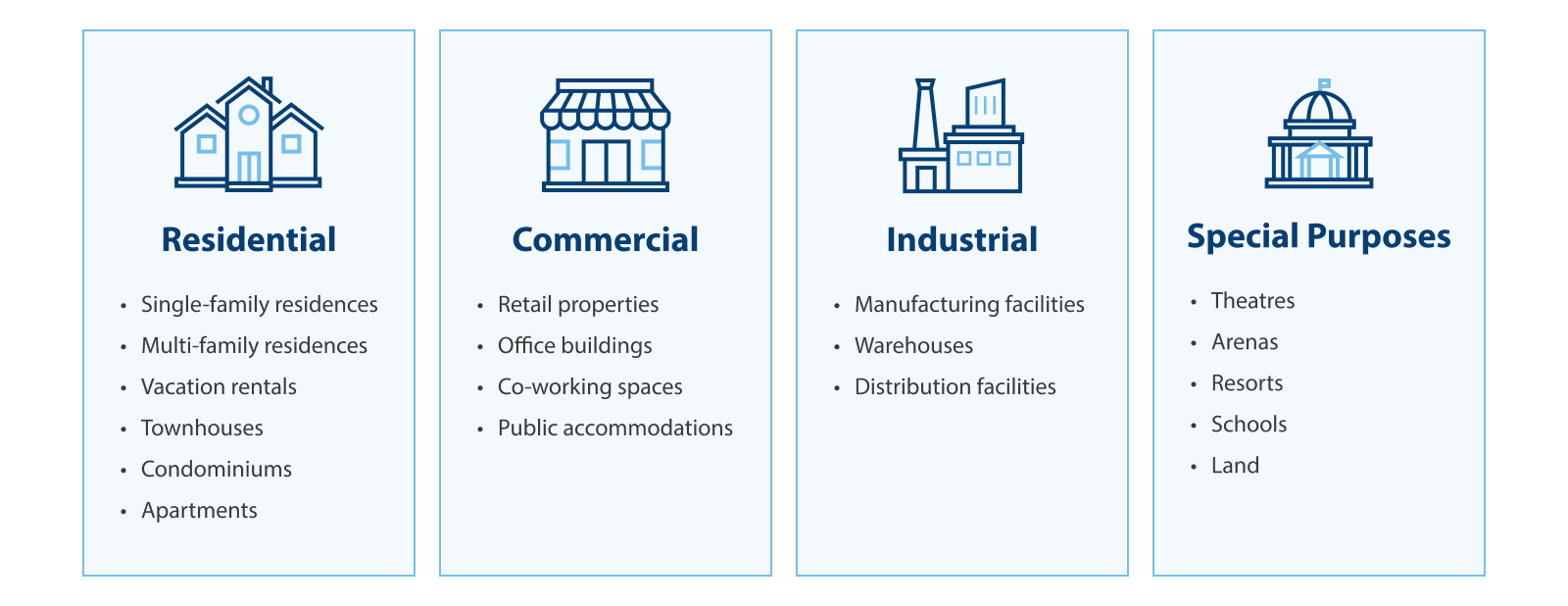The Best Guide To Property Management Services
Table of Contents3 Easy Facts About Property Management Services Described


Property administration specialists, additionally referred to as residential property supervisors, play a pivotal role in preserving the value, performance, and productivity of actual estate residential or commercial properties. They work as the intermediary between home owners and occupants, making sure smooth procedures while securing the investment. The scope of duties for residential or commercial property administration professionals is wide, covering financial, operational, lawful, and strategic duties. Recognizing these duties can give insight right into why working with experienced experts is essential for both business and property residential property owners.Financial ResponsibilitiesA core obligation of home management specialists is looking after the monetary aspects of a residential or commercial property. This begins with setting ideal rental rates by conducting market evaluation and understanding similar residential or commercial property worths in the location. Residential or commercial property supervisors assess local need, seasonal trends, and financial elements to establish rates that are affordable yet rewarding. Proper prices ensures high occupancy rates while making the most of income for the residential property owner.Once rates are developed, residential or commercial property monitoring experts take care of rent collection. They apply consistent systems to make sure tenants pay in a timely manner, address late payments skillfully, and apply lease terms when required. Past rent collection, home supervisors are accountable for budgeting. They track costs such as repair work, maintenance, utilities, building taxes, and insurance coverage costs. By projecting cash flow and preserving exact economic records, they offer homeowner with a clear understanding of residential or commercial property performance.Financial coverage is an additional crucial task. Home supervisors prepare monthly, quarterly, and yearly records summing up revenue, expenses, and web operating earnings. These records allow owners to make informed choices regarding their investments. Additionally, residential property managers typically coordinate with accountants or tax experts to guarantee compliance with regional, state, and federal tax policies, reducing liability risks for the residential or commercial property owner.Operational ResponsibilitiesProperty administration experts supervise the daily operations necessary to keep and enhance the residential or commercial property's condition. Repair and maintenance are a significant component of their duties. This includes routine evaluations to identify possible problems, preventive maintenance to stay clear of pricey fixings, and responding immediately to tenant upkeep requests. Residential or commercial property supervisors coordinate with professionals, suppliers, and provider to execute job effectively and within budget.Another functional task is taking care of renter relations. Building managers take care of complaints, demands, and questions, making certain a positive living or functioning environment. Efficient interaction fosters occupant satisfaction and retention, which is important for minimizing jobs and maintaining constant earnings streams. Residential or commercial property supervisors additionally conduct thorough screening of prospective occupants, reviewing history checks, credit rating, work verification, and rental referrals to select trustworthy occupants.Compliance with residential or commercial property guidelines is an essential operational responsibility. Home managers make sure that residential or commercial properties satisfy regional building ordinance, security requirements, and availability needs. They stay current with adjustments in real estate guidelines, zoning legislations, and landlord-tenant legislations, making sure that both the building and its monitoring techniques continue to be legal. This includes appropriate handling of deposits, eviction treatments, and reasonable real estate regulations.Leasing and Advertising and marketing ResponsibilitiesMarketing the building properly is an additional crucial duty. Residential or commercial property management specialists create and implement approaches to draw in renters through numerous channels, including on-line listings, social networks, signage, and traditional advertising and marketing. They craft engaging residential or commercial property descriptions, emphasize essential amenities, and make use of expert photography to display the home's appeal.The leasing procedure is likewise managed by building professionals. They prepare lease agreements, describe terms and conditions to tenants, and guarantee all lawful documentation is properly completed and authorized. Lease renewals are kept an eye on to maintain high tenancy prices, and residential property managers commonly negotiate terms that profit both the owner and the renter. By handling this procedure expertly, building managers alleviate threats connected with lawful disputes and occupant dissatisfaction.Strategic ResponsibilitiesBeyond everyday management, residential property management professionals give strategic support to boost long-term home worth. They suggest owners on capital enhancements, restorations, and home upgrades that can raise rent out possible or attract higher-quality tenants. They may carry out market research study to recognize arising fads and possibilities for property expansion or diversification.Risk management is an essential tactical obligation. Home managers identify potential threats to the residential or commercial property's safety, financial stability, or lawful standing and apply actions to minimize these threats. This consists of examining insurance coverage, keeping track of ecological threats, and implementing safety and security methods. Their critical input assists building proprietors safeguard and grow their financial investment profile over time.Administrative ResponsibilitiesProperty administration involves extensive management work. Residential or commercial property managers keep detailed records of leases, economic purchases, maintenance demands, assessments, and renter communications. Exact paperwork supports lawful compliance, gives responsibility, and serves as a resource in dealing with disagreements or attending to renter concerns.Additionally, residential or commercial property supervisors coordinate with various other professionals, such as realty agents, accounting professionals, attorneys, and insurance policy suppliers, to ensure smooth procedures. They may additionally take care of vendor agreements, service contracts, and purchase of supplies needed for residential or commercial property upkeep. Via these administrative features, property managers develop a structured and efficient management system that benefits both building owners and tenants.Tenant Retention and Neighborhood ManagementA substantial aspect of home monitoring is tenant retention. Home supervisors apply strategies to guarantee occupants feel valued and pleased, consisting of prompt upkeep, responsive communication, and community interaction. In multi-unit or business residential properties, residential or commercial property supervisors might arrange occasions or initiatives that foster a sense of neighborhood, contributing to occupant commitment and minimizing turnover rates (Property Management Services).They likewise mediate problems in between lessees when disagreements emerge, making use of problem resolution abilities to maintain harmony within the property. By proactively attending to lessee issues and promoting favorable relationships, home supervisors minimize job prices and keep a steady income stream for home owners.Sustainability and Technology IntegrationModern residential or commercial property management significantly entails sustainability methods. Home managers might execute energy-efficient upgrades, water conservation systems, and eco pleasant waste administration techniques. By advertising sustainable procedures, building supervisors assist lower functional costs, boost home value, and allure to ecologically conscious tenants.Technology assimilation is likewise a growing obligation. Residential or commercial property administration software allows managers see page to track leases, payments, maintenance requests, and communication successfully. Automated systems improve reporting, boost data precision, and improve the total renter experience. Modern technology likewise makes it possible for residential property supervisors to evaluate efficiency metrics and identify chances for renovation, guaranteeing that the building remains competitive in the market.Emergency and Situation ManagementProperty management professionals have to be prepared to handle situations and emergencies. This includes all-natural calamities, fires, flooding, or other unexpected events that might interfere with procedures or damage the home. Building managers develop emergency reaction strategies, coordinate with neighborhood authorities, and ensure that renters are notified and risk-free throughout such events. Their capability to respond quickly and efficiently lessens damages and preserves occupant confidence.Legal and Regulative ComplianceCompliance with regional, state, and government legislations is a crucial duty. Property management experts ensure that all practices adhere to landlord-tenant laws, reasonable real estate laws, zoning statutes, and security codes. They handle leases, deal with evictions legally, and ensure correct paperwork for all property-related deals. Staying informed concerning transforming guidelines safeguards the homeowner from lawful conflicts, fines, or penalties.ConclusionProperty management specialists use multiple hats, stabilizing functional, financial, lawful, critical, and administrative responsibilities. Their duty expands beyond simple oversight; they are indispensable to making best use of residential property value, guaranteeing renter complete satisfaction, and mitigating dangers. By handling the complexities of residential or commercial property procedures, property managers allow proprietors to concentrate on more comprehensive investment objectives while guaranteeing that homes are successfully preserved and profitable.From lessee screening and rent out collection to marketing, upkeep, conformity, and long-term critical planning, building management specialists provide detailed services that improve the worth and protect of genuine estate financial investments. Their know-how is vital for browsing the difficulties of property ownership, and employing experienced residential property management experts is often a crucial consider achieving sustained success in the property sector.In short, building administration experts make sure that buildings are not only maintained however enhanced, developing settings that are secure, well-functioning, and monetarily rewarding. Their diverse responsibilities require a combination of technical abilities, legal knowledge, economic acumen, and social capacities. Inevitably, reliable building monitoring safeguards financial investments, makes best use of returns, and adds to the long-lasting success of residential property proprietors in a significantly open market.
